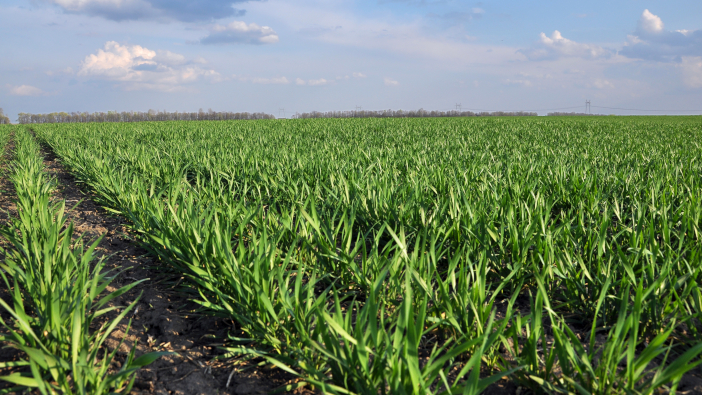Strutt & Parker is encouraging arable growers to review the risks facing them in the 2022 and 2023 growing season in a ‘more organised way’, via a business risk register.
With growers facing higher level risks because of inflationary pressures and market volatility – resulting in fertiliser, fuel, machinery, labour and overall production cost hikes – a business risk register could support farmer’s profit margins.
Jonathon Armitage, head of farming at Strutt & Parker, said that while growers will be spending more than ever before on crops, the Strutt & Parker risk register model “points to the potential for arable margins in 2023 to be up three times what they were in 2021.”
A business risk register is a tool commonly used in the wider business community, but rarely on farms, explains Mr Armitage. “It can be a simple list or spreadsheet where you capture the severity of the risks facing your business, calculate the potential impact of a risk event happening and then think through how to go about mitigating those risks.”
“It may sound daunting but capturing all this information in one place gives you clarity about which risks you need to prioritise and helps to keep you on track. Thinking risks through in a structured way makes you think about the consequences of something going wrong in a way that you may not have before.”
Below are some of Mr Armitage’s business risk register tips and focus suggestions for growers.
Production risks
Mr Armitage suggests that a broad rotation of crops and varieties, and producing for specific markets, will help to spread production risks. He advises that pest, disease and weather risks are best managed by choosing location-suitable crop varieties, drilling on the best day, and paying close attention to the agronomy of the crop.
But knowing when to stop spending money on a crop and to not be tempted by trends (such as drilling in less-than-ideal conditions) is similarly important. “Plans will need to be flexible and growers will need to be willing to adapt” as situations change, he adds.
Financial risks
Businesses will have individual approaches to financial risks; ‘factors such as your current level of borrowing, whether you are a tenant paying rent, and your requirement for living expenses’, will all influence your outlook on these risks.
However, whatever your view, Mr Armitage advises that all growers should be on top of their financial risks, which means identifying and calculating risks before working out their potential impact on cashflow and profits. He also recommends that farmers have a cashflow forecast set out for the next 18 months, and revisit it regularly.
Though, with financial risk, it is also worth noting that growers will get a 50% advance on their Basic Payment Scheme claim in July, which will be paid in December.
Input price risks
Consider the level of your exposure to commodity price changes on a crop-by-crop basis. Mr Armitage proposes that growers must then ensure that day-to-day decisions and sales strategies remain in line with what that analysis shows.
He also adds that, in the current circumstances, selling a proportion of the Harvest 2023 crop on a forward price can lock in a margin before price increases can affect your profits; ‘fixing a price can be a sensible risk management decision – even if you could have gotten a higher price by holding back’.
Debt risks
Limit exposure to debt risks by monitoring any changes to a buyer’s business practises – such as late payments which may signal a cashflow issue. Manage your collections and payments and obtain appropriate credit insurance if necessary.
Policy/legislation risks
Plan for legislation or policy changes well in advance, and carefully consider any changes that will directly impact the running of your business (e.g. any businesses which are highly reliant on irrigation could begin planning for changes to water abstraction charges and licenses).
Personnel risks
‘Ensure you have a contingency plan in place and share knowledge around the family or staff’. Consider what would happen if one of your staff members resigned, was ill or retired, said Mr Armitage; plan so that the business is not completely reliant on one person.


